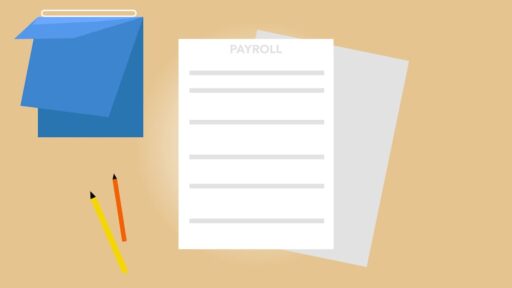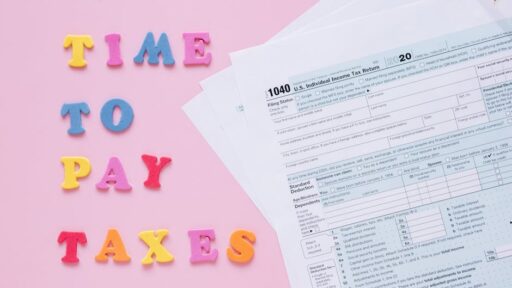Mastering the Art of Requesting Payment: Strategies for Freelancers and Business Owners
In the world of freelancing and business ownership, delivering quality service or products is only half the battle. Ensuring timely payment is crucial to sustaining and growing your enterprise. Unfortunately, late payments are a common challenge many face, which can lead to cash flow issues and even business failure.
The Impact of Late Payments
Late payments can severely affect your business operations. They can prevent you from taking on new projects, lead to employee loss, stagnant revenues, and ultimately, a loss of competitive edge. A 2016 study by the U.S. Bank found that 82% of small businesses fail due to cash flow problems, primarily from unpaid invoices amounting to $825 billion.
Strategies to Prevent Late Payments
To mitigate the risk of late payments, consider implementing the following strategies:
- Clear Communication: Establish transparent payment terms from the outset. Regularly communicate with your clients about upcoming payments.
- Use Tools: Utilize productivity tools like Traqq to track project hours and provide detailed reports, adding professionalism and transparency to your payment requests.
Crafting Effective Payment Request Emails
Sending professional and polite payment reminders is key. Here’s a step-by-step guide with email samples:
Before the Due Date
Send a reminder a week before the invoice is due.
To: gladwell@business.com
Subject: Payment Reminder for Invoice #1008
Hi Gladwell,
I hope all is well since we last spoke. I enjoyed working on our recent project and wanted to remind you that invoice #1008 is due in one week. Here’s the link to the invoice (include invoice link). Please contact me if you have any questions.
Best Regards,
John Timber
Abbey DesignsOn the Due Date
Send a gentle reminder on the due date with a clear call to action.
To: gladwell@business.com
Subject: Friendly Reminder: Invoice #1008 Due Today
Hi Gladwell,
I hope you are having a great day. I’d like to remind you that invoice #1008 is due today. You can make payments via (payment options). Please contact me if you have any questions.
Thanks,
John Timber
Abbey DesignsOne Week Overdue
If payment is overdue, use a firmer tone but remain professional.
To: gladwell@business.com
Subject: Friendly Reminder: Invoice #1008 One Week Past Due Date
Hi Gladwell,
My records show that I haven’t received payment for invoice #1008, which is now one week overdue. Attached is a copy of the invoice. Please let me know if there is someone else I can contact.
Thanks,
John Timber
Abbey DesignsTwo Weeks Overdue
If the invoice remains unpaid, clearly state potential late fees as per your agreement.
To: gladwell@business.com
Subject: Friendly Reminder – Invoice #1008 Two Weeks Overdue
Hi Gladwell,
I’d like to confirm you received invoice #1008, as it is now two weeks past the due date. Please be advised that late payments may incur additional fees, as agreed.
Best Regards,
John Timber
Abbey DesignsAlternative Payment Request Methods
If emails are ignored, consider calling the client directly. A phone call can offer a more personal touch, allowing you to clear up any misunderstandings. Always remain professional and avoid confrontation.
“Hello, Mrs. Gladwell. It’s John from Abbey Designs. I have sent you a couple of emails requesting payment for ‘The Grand Design’ project. Have you received them?”
Final Steps
If all else fails, explore alternative options such as legal assistance. Ensure your payment terms are clear and documented in contracts.
By following these strategies, you can effectively manage payment requests while maintaining positive client relationships.




